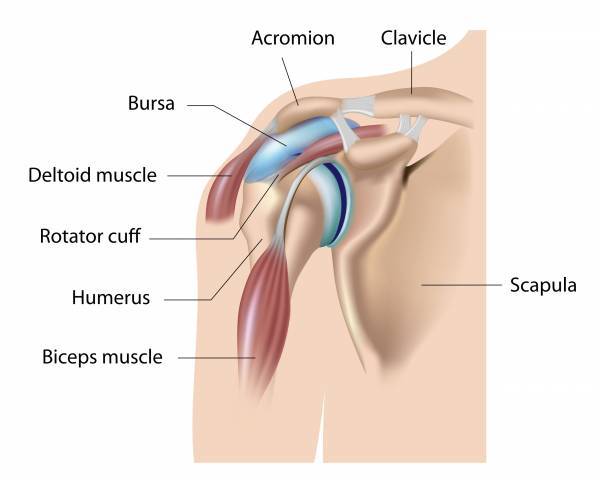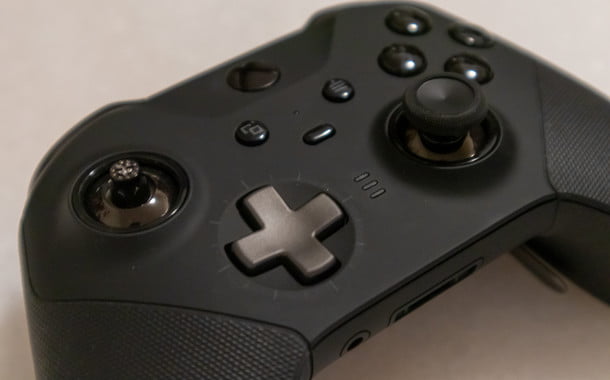From Muscle Dysmorphia to Building a World-Class Set of Legs
Adam Bisek is a trainer who is at home both personally and online. He describes his job as an opportunity to change lives. To this end, he also believes that personal training should be exactly as described, personally.
In this episode we discuss:
- How muscular dysmorphism shaped Adam's fitness trip
- How he got perspective and realized that his struggles were indeed a blessing in disguise
- The importance of intent if you want to succeed
- How to build a premium leg set
If you liked this podcast and you cared about it, rate and rate it so that we can spread the word and motivate and inspire others to take their performance to the next level. More podcasts of this kind can be found on the Six Pack of Knowledge page.





















































